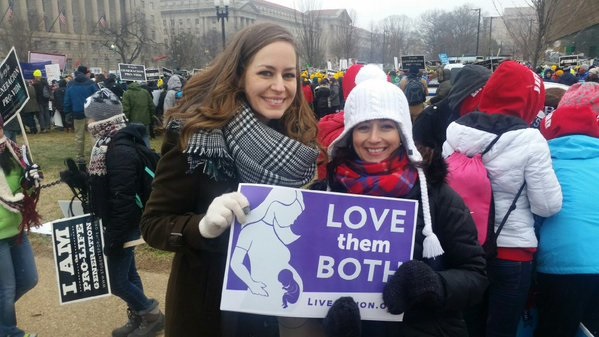Polls through the years appear to show strong public support for the infamous abortion case Roe v. Wade. But when held up to polls that ask Americans specific questions about abortion and the rights of states to restrict them, the results do not match.
A Washington Examiner column highlighted the flaws with a lot of the polls about Roe v. Wade this week as the Senate considers the nomination of Amy Coney Barrett to the U.S. Supreme Court. Pro-life advocates hope and abortion activists fear Barrett could help undo the infamous abortion case and restore protections to unborn babies.
Connected with the Senate hearing, ABC News released a poll Monday that found 62 percent of registered voters believe the Supreme Court should uphold Roe v. Wade.
“As you may know, abortion law in the United States is based on the 1973 U.S. Supreme Court ruling known as Roe v. Wade. Do you think the Supreme Court should (uphold) Roe v. Wade or (overturn) it?” the poll asked.
But, like many before it, “the poll question is fundamentally flawed to the point of being almost worthless,” Examiner columnist Timothy P. Carney wrote.
As he and others have noticed, the problem is that most Americans do not understand what Roe did or what would happen if the Supreme Court does overturn it.
He wrote:
There are a dozen ways to critique ABC’s question, but most of the problems are inevitable in a poll question, which has to be concise. For one thing, Roe has been modified a bit by subsequent rulings such as Planned Parenthood v. Casey and Gonzales v. Carhart. Two, there is no single body of abortion law in the United States, as there is some variation allowed from state to state.
Follow LifeNews on the Parler social media network for the latest pro-life news!
The fundamental problem with ABC’s question, and the problem with almost all polls about Roe v. Wade, is that most people don’t understand what Roe did and what overturning it would do. If you asked about the effects of Roe, you’d find the ruling less popular, and if you asked about the effects of overturning Roe, you’d find overturning it more popular.
The 1973 case forced states to legalize abortion on demand – making the U.S. one of only seven countries in the world that allows elective abortions after 20 weeks of pregnancy. Though subsequent rulings allowed states to restrict abortions after viability, they are not required to, and some states, including Colorado and New Mexico, still allow abortions for any reason up to birth.
If Roe is overturned, abortion would not be immediately banned. Instead, the right to restrict, ban or legalize the killing of unborn babies in abortions would return to the states.
Most Americans do not understand this. A 2013 poll by Pew Research Center found that 57 percent of millennials do not even know that the case is about abortion.
That’s why polls that ask specific questions about the issue provide a better idea of where Americans stand. For example, a recent poll from the Washington Examiner/YouGov found that Americans are evenly divided on Roe.
It asked, “Should individual states be free to regulate abortion as they see fit (such as on safety standards or with bans on abortion after a certain point of pregnancy) or should federal court be able to strike down state rules?”
Responses were almost even, with 42 percent saying states should be allowed to restrict abortions and 43 percent saying federal courts should be allowed to continue to strike down state abortion laws.
Public polls and ballot referendums also indicate that Americans support laws that protect unborn babies’ lives – laws that Roe does not allow. In 2018, voters in Alabama and West Virginia passed by strong majorities state constitutional amendments to “support the sanctity of unborn life and the rights of unborn children” and ensure that “nothing in this Constitution secures or protects a right to abortion or requires the funding of an abortion.”
Another poll from Marist in January found six in 10 Americans (62 percent) say that if the Supreme Court revisits Roe v. Wade, it should allow states to determine restrictions (46 percent) or make abortion illegal (16 percent). Only 33 percent said Roe v. Wade should be interpreted to allow for legal abortion any time without restriction. The 62 percent majority includes about four in 10 Democrats (39 percent).
Earlier this summer, Gallup found 55 percent of all Americans take a pro-life position on abortion wanting all (21 percent) or almost all (39 percent) abortions made illegal.
Additionally, a CBS News poll from June shows the majority of Americans oppose killing unborn babies in abortions or want more limits on abortion, which basically is unlimited in many states. The poll found 43 percent of Americans think abortions should be generally available while 55 percent say it should be more limited or not be permitted at all.








